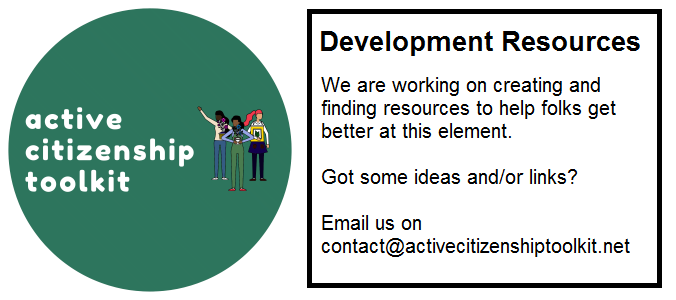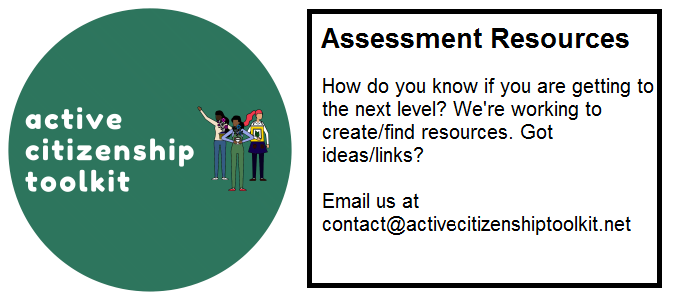Element Descriptor
Academics can be a good source of useful intelligence and concepts. Interviewing them is a good way of getting at that. But it’s more complex than sitting them down and saying “well, whaddya know?” Good interview techniques can unlock the real gold…
Level descriptors
| Novice | Practitioner | Expert | Ninja |
|---|---|---|---|
| You can devise interview questions that prise out their nuggets of – well, if not ‘wisdom’ , then – relevance | You can devise subtle interview questions where the answers are more light than heat. | You can spontaneously interview them and get the good stuff without resort to thumb screws. | Busy academics drop their REF/TEF/abusing their PhD students in order to be interviewed by you because you force them to examine their flabby underbellies (cognitively speaking) and make important (for them if not for the movement) conceptual breakthroughs. |
Element Overview Essay
This is a draft. If something doesn’t make sense, or you see typos, or if you have further ideas, please email us on contact@activecitizenshiptoolkit.net
The reason this isn’t done better or at all is that people don’t realise that you can ask academics about their work and they might even speak to you and be speak to you in language that you can understand.
The consequences of not interviewing academics or interviewing academics badly is that you don’t get access to what work they have done which is potentially of use to social movement organisations and non hierarchical groups. Whichis a pity because ultimately academics are, at least in the UK, and Australia, almost entirely funded by well, the taxpayer.
The fix is to practice interviewing academics to get better at it. So the standard rules apply if you’re interviewing someone, know who they are, know what they’ve done.
Try to avoid stupid questions. That doesn’t mean that you go in hard from the get go. You have a couple of getting-to-know-you, making everyone feel comfortable questions. But then you’re really trying to ask them to explain gaps in their knowledge, methodological difficulties and the uses to which their concepts, knowledge, etc could be put by community groups, citizens groups, etc. And you might get them to go a bit beyond the behind the paywall stuff.
Ultimately, though, as with so many things, ask yourself the opportunity cost. What else could you be doing with the time and energy that’s required to prepare, conduct and communicate an interview with an academic?
Development Resources

Assessment Resources

